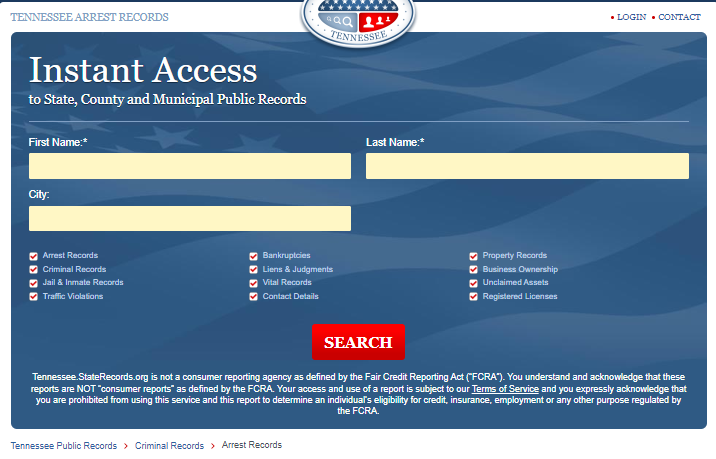
Arrests.org TN is a great online platform. It provides access to arrest records in Tennessee. The website has a user-friendly interface. It makes searching for arrest records easy. It has a comprehensive database. The database consolidates data from many law enforcement agencies. This makes it a key tool for those gathering info about individuals who have had encounters with the law. This is true for personal or professional reasons. Users can use Arrests.org TN to search for arrest records. They can gain insights into a person’s legal history and potential criminal activities.
Arrests.org TN offers a straightforward user experience. The website’s search lets users input specific criteria, like names or locations. This makes it easy to get accurate and relevant arrest records. This feature is especially useful for background checks and due diligence. It is for concerned citizens, employers, and legal pros. The platform ensures that accessing Tennessee’s arrest records is both reliable and convenient. You can find them in one place.

Click here to search this form https://tennessee.staterecords.org/arrests
Public records in Tennessee include many documents and data. Government agencies maintain them. They include arrest and criminal records. The public can usually access these records under the Tennessee Public Records Act. The act ensures transparency and accountability in the state’s legal and government systems. This access lets citizens get information about people’s encounters with police. It also lets them get their criminal history. It helps with background checks and other due diligence. Certain sensitive records may be exempt from public disclosure. This is to protect individual privacy and legal integrity. Examples are records involving juveniles or ongoing investigation.
In Tennessee, arrest records and criminal documents are generally considered public records. This means the public can access these records. But, there may be restrictions. For instance, records about juveniles or those under investigation might be restricted. This is to protect privacy and the integrity of ongoing investigations. The principle supports public access. But, specifics ensure a balance. They balance transparency and individual rights.
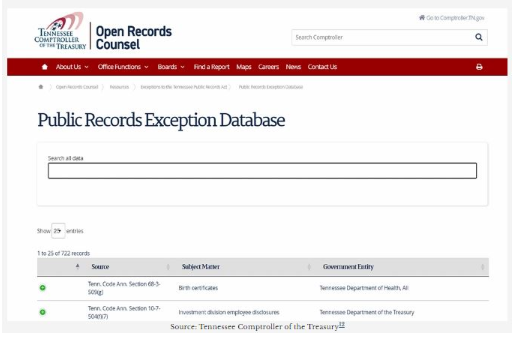
Recent detentions in Tennessee are a complex topic. Understanding them involves law. It also involves the specific events that led to a person’s confinement. “Detention” means the legal apprehension and confinement of an individual. It happens when they are suspected of crimes. Understanding why someone is in jail requires navigating legal proceedings. You need to understand the charges and the broader context of the state’s justice system. This task is about unraveling legal terms and procedures. These will give insights into why an individual is confined.
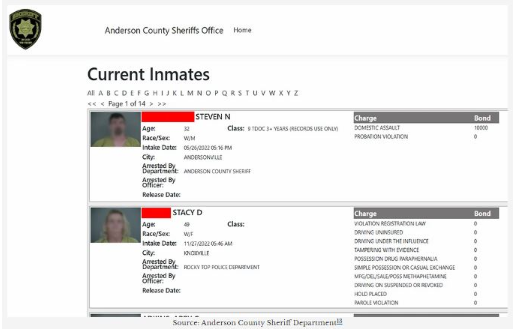
To find arrest records in Tennessee’s counties, you must understand their decentralized police records. Each county has its own arrest records. So, we need a systematic approach to gather all the information. The process includes accessing county-level databases. It also involves contacting local law enforcement agencies. Or, it involves using state-provided online tools.
Booking photos, or mugshots, are integral components of arrest records. They can access county databases or online platforms. They can use them to verify these photos and arrests. Cross-referencing details, like names and dates of birth, against records ensures accuracy. It confirms if an individual has been apprehended.
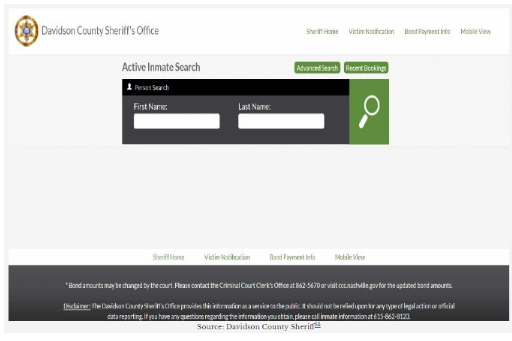
Checking recent jailings in city jails involves navigating Tennessee’s scattered detention system. The system spans the state’s municipalities. Each city has its own jail. So, to access recent detention records, you need a targeted approach for each place. This might involve contacting city police. You may also need to submit public records requests. You may also use online databases provided by cities.
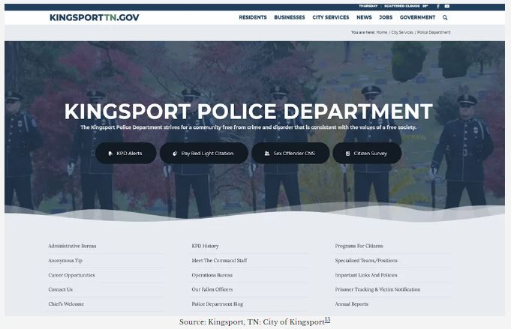
To get copies of criminal records in Tennessee, people start by finding the right authorities. These include the Tennessee Bureau of Investigation (TBI). The TBI offers TORIS. It is an online platform for searching criminal records. You can request records. You just need to provide key details. These include the subject’s name and social security number. The process may involve fees. Fees may be waived in some cases. Alternatively, records can be requested via mail or fax to the TBI.
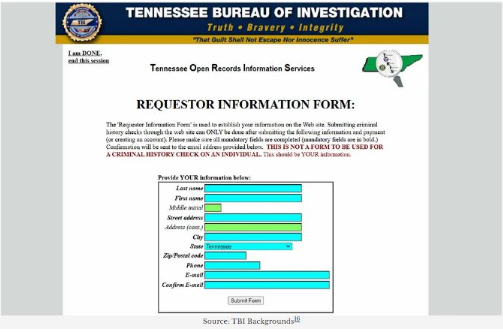
Contact the probation office or court where the case was decided. Ask if someone is on probation in Tennessee. Giving key details helps. These include the person’s name and date of birth. They help in learning about their probationary status. Understanding the probation’s terms needs navigating the law and engaging with the system.
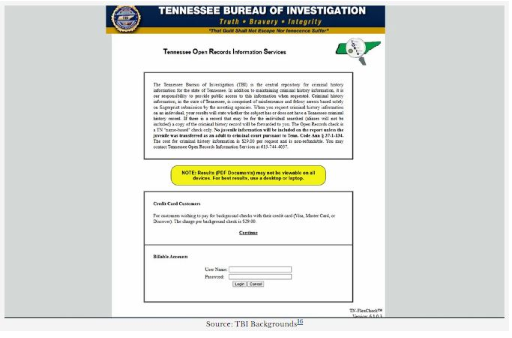
Sealing or expunging a criminal record in Tennessee involves a legal procedure. Eligible individuals can use it to restrict access to their records or have them erased. The eligibility criteria depend on the nature of the offense and other conditions. People must get their criminal records. Then, they must file a petition for expungement or sealing in the right court. They must also obey any waiting periods. If approved, the records will be sealed or expunged. This will give individuals a fresh start.
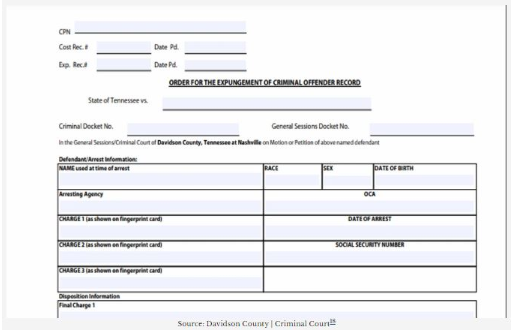
To check if someone is in a Tennessee state or federal prison, use online inmate search tools. The data are from the Tennessee Department of Corrections. They are also from the Federal Bureau of Prisons. These tools require entering details, like the person’s name or ID number. You need them to get information on their incarceration status.
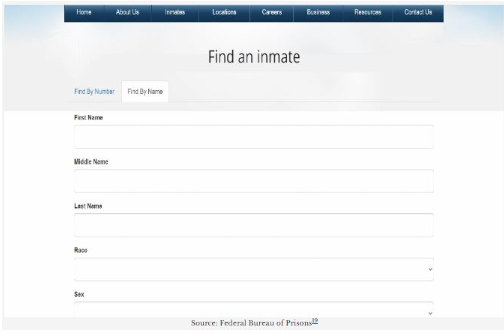
Searching for arrest warrants is ongoing. It involves using resources from local law and courts. You can use online tools. Or, you can contact sheriff’s offices and police departments. These steps can help in finding active arrest warrants. Providing specific details about the individual ensures accurate results.
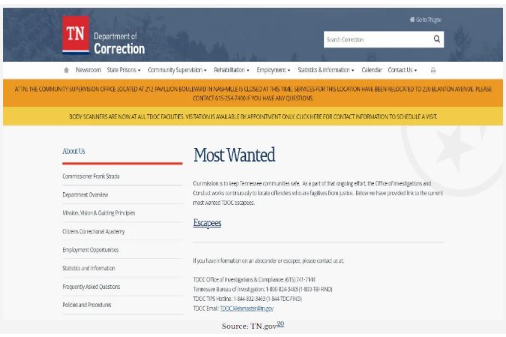
The Tennessee Sex Offender Registry is vital. It helps identify sexual offenders nearby. The Tennessee Bureau of Investigation maintains the registry. It allows users to search for offenders by location, name, or address. By responsibly using this information, residents can enhance community safety and awareness.
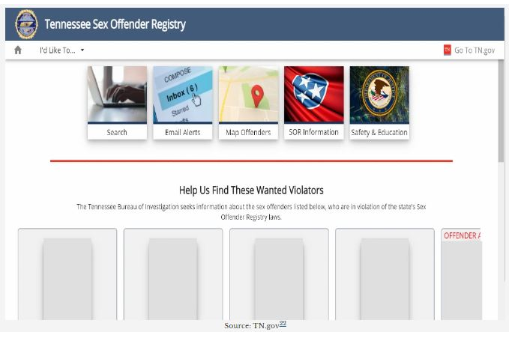
Tennessee’s laws ensure a balance. They balance public access to arrest and criminal records with privacy. While most records are accessible, exemptions exist for sensitive information. The Tennessee Public Records Act sets the rules for public disclosure. It emphasizes transparency while protecting sensitive data.
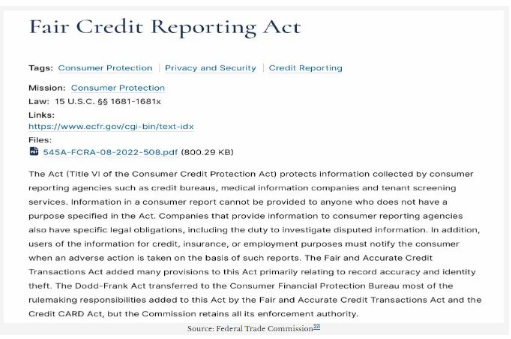
The Tennessee Bureau of Investigation says that, in 2019, Tennessee had 334,804 arrests. In 2021, the state saw 297,177 arrests. DUI arrests and weapons law violations rose a lot. These statistics provide a comprehensive view of crime trends and enforcement in Tennessee.
An arrest record has detailed info about a person’s detention. It includes the charges filed, court appearances, and more. The public can generally access these records. But, some exemptions exist under the Freedom of Information Act or court orders.
To fix a criminal record, people must ask the Tennessee Bureau of Investigations. They must include their fingerprints for ID. To expunge records, you must meet criteria. You must then file a petition in the relevant court. If approved, the record will be sealed or expunged. This will allow people to move beyond their past.
Other websites may offer easy access to arrest records. But, the records may not be complete or available. Fees might apply for long searches. It’s essential to check the accuracy of the information found.
By understanding these processes and using resources, people can navigate Tennessee’s legal and law enforcement systems. They can access arrest and criminal records. They can verify detentions and get accurate, relevant information.
Explore our comprehensive Frequently Asked Questions (FAQ) section to find answers to common queries about ARRESTS.ORG TN.
Generally, arrest records in Tennessee are considered public information, meaning that they are accessible to the public. However, there are certain restrictions in place. For instance, juvenile arrests and investigative records may have limited accessibility to protect the privacy and well-being of individuals involved. The intent is to balance the public’s right to information with the need to safeguard sensitive details, especially in cases involving minors or ongoing investigations.
Tennessee residents interested in accessing arrest records can do so by submitting a written request to the relevant law enforcement agency. The written request typically includes the requester’s identification information and the specific details of the records being sought. It’s important to note that out-of-state requests may be subject to different rules and may even be denied. This restriction ensures that the release of information aligns with state regulations and jurisdictional boundaries.
Initiating a Tennessee arrest record search can be done by contacting the arresting agency directly or by using the Tennessee Bureau of Investigation’s (TBI) online search tool. In either case, basic information about the individual in question is necessary. This includes the person’s name and location. Providing additional details, such as date of birth or social security number, if known, can help narrow down the search and ensure more accurate results.
Yes, individuals in Tennessee have the opportunity to expunge their arrest records if the charges against them were dropped. Expungement is a legal process that involves filing a petition with the court where the case originated. The individual seeking expungement must demonstrate that the charges were dropped, and the court will then review the case. If approved, the arrest record is effectively erased, providing the individual with a clean slate. This process acknowledges that individuals should not carry the burden of an arrest on their record if the charges were ultimately dismissed.
No, arrest records in Tennessee do not undergo automatic expungement after a specific period. Instead, they remain on file indefinitely unless the individual takes proactive steps to seek expungement through the legal process. This places the responsibility on the individual to initiate the expungement procedure, ensuring that their record reflects the accurate outcome of the case. Automatic expungement is not a feature of the system, emphasizing the importance of individual agencies in managing their arrest records.